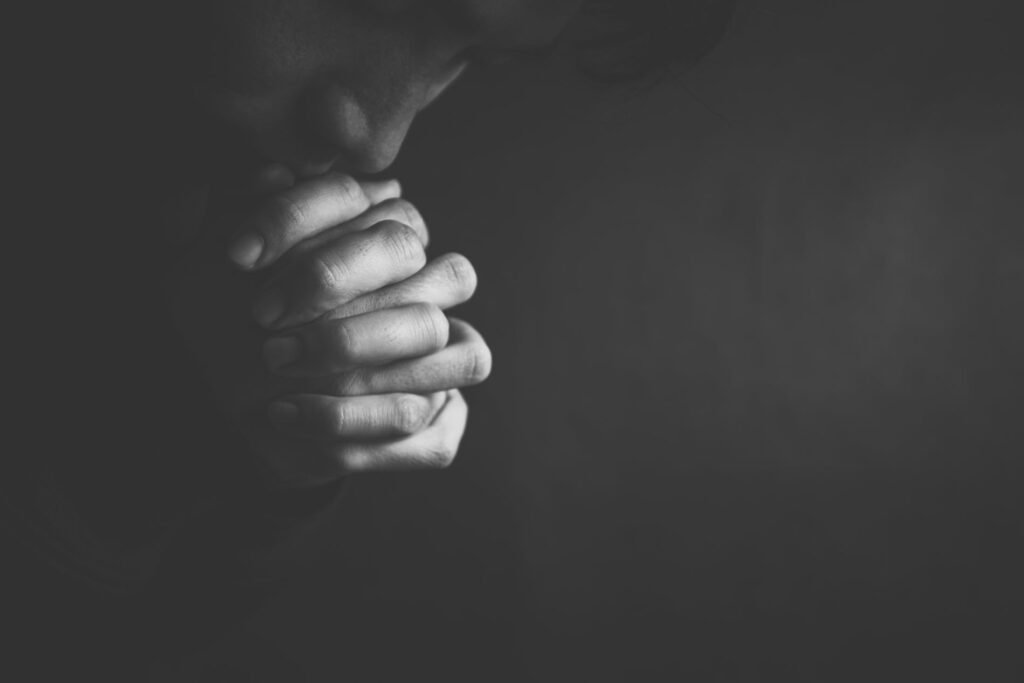Step 4 – Why it’s Important and What a ‘Searching and Fearless Moral Inventory’ Means
We did not end up with a serious addiction by living a perfect life and enjoying a flawless character.
In step 4 we look at our flaws and “made a searching and fearless moral inventory of ourselves.” This starts by looking at the root causes of our addiction and the damage we have done as a result. But as we delve deeper, we can also see that we have many other imperfections and have made morally questionable choices unrelated or peripherally related to our addiction.
Step 4 involves a voyage of self-discovery requiring a great deal of humility and honesty.
There are two opposing but equally treacherous dangers when working on your moral inventory. One is to let ourselves off too easily and blame all of our flaws and behavior either on other people or on the circumstance. Many addicts think that they are morally blameless because of their addiction, but ultimately no matter what the circumstances are, we are all responsible for our behavior and all of its consequences.
If we do not take full responsibility for our behavior, we will not own our recovery either. The 12-step process is built on acknowledging our wrongs, making amends for them, and improving the world around us by giving back. The ability to understand and acknowledge our flaws and wrongs is an essential step down that road.
Step 4 – Why it’s Important and What a ‘Searching and Fearless Moral Inventory’ Means Read More »







